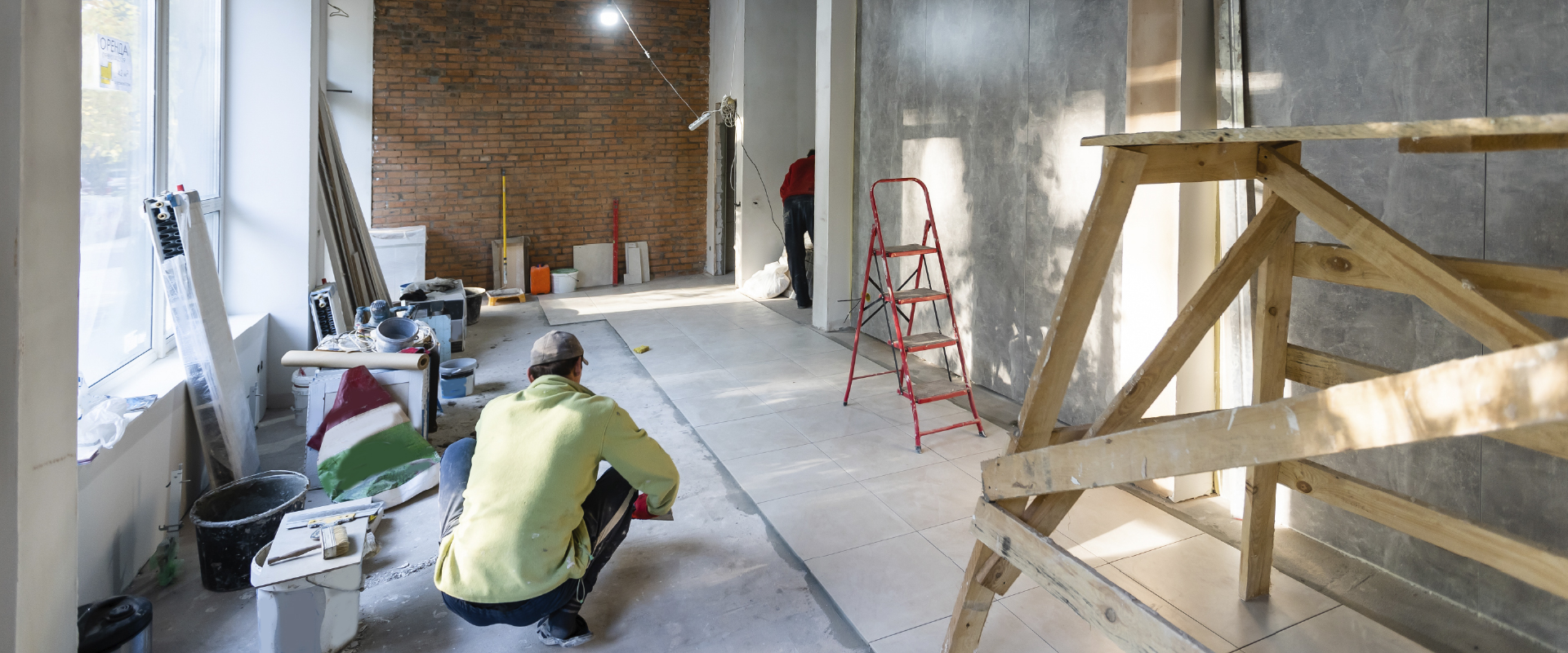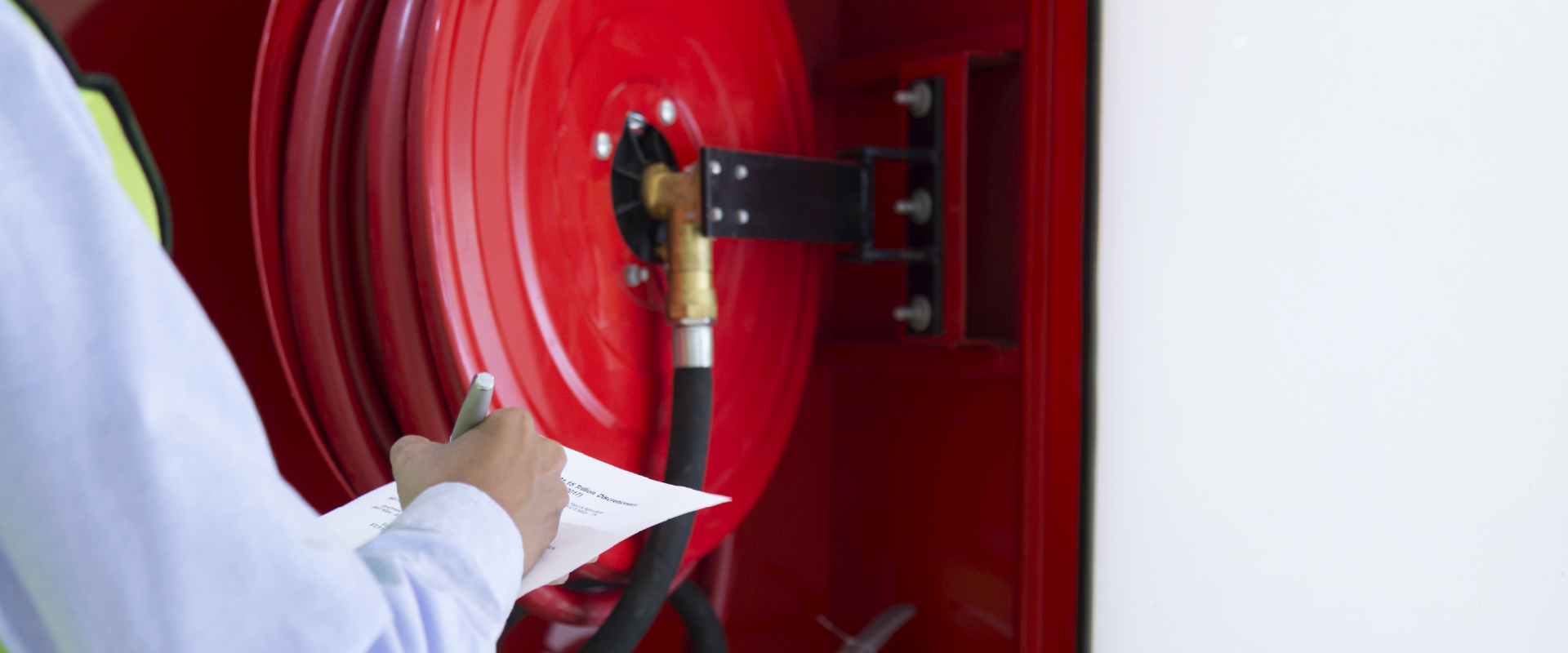As a home or business owner, encountering mold growth on your property can be a cause for concern. The question often arises whether to opt for DIY mold removal or to enlist the help of a professional mold remediation company like CRUSA Construction and Restoration. To guide your decision, this blog post provides an in-depth comparison of DIY vs. professional mold remediation.
Understanding
Mold Remediation
Mold remediation is a multi-step process to treat mold-affected areas in a home or building which involves professional mold removal. The goal is to clean up mold growth and address the moisture source that caused it, to prevent recurrence. This process involves not just cleaning and sanitizing, but also reducing moisture to appropriate levels.
The Mold Remediation Process
The mold remediation process begins with an inspection. Professionals identify the type of mold and its extent. This could involve checking hard-to-reach areas and even taking air samples. Following this, the affected area is contained to prevent further spread of mold spores. A combination of techniques, including the use of a HEPA vacuum and cleaning with biocides, is used in removing mold. Damaged materials like drywall or carpet may need to be replaced. Lastly, the area is dried thoroughly to prevent further mold growth.
Risks Associated with Mold Exposure
Mold exposure carries health risks. Short-term effects can include throat irritation, nasal stuffiness, eye irritation, coughing, and skin irritation. Exposure to mold can result in long term health problems, including respiratory problems and skin irritation. Moreover, if left untreated, mold can damage your property’s structure, leading to costly repairs. To avoid this, regular mold testing is advised. If you spot signs of mold, such as a musty smell or visible mold growth, don’t leave mold removal for later; address it immediately.
Factors to Consider in Choosing DIY
or Professional Remediation
The choice between DIY or professional mold remediation is influenced by several considerations. Property owners must evaluate the situation based on the extent, location, and type of mold present.
Size of Mold Infestation
Small areas of mold, typically less than ten square feet, can sometimes be handled by homeowners using DIY mold removal methods and household cleaners. However, larger infestations require professional attention. If you’re dealing with widespread mold, particularly if it’s the result of water damage such as a pipe burst, a professional mold remediation company like CRUSA Construction and Restoration should be engaged to ensure thorough remediation.
Location and Accessibility of Mold
The location of the mold can influence your decision. Easy-to-access areas like bathrooms or kitchens may be suitable for DIY mold removal. However, mold hidden behind walls, in attics, basements, or other hard-to-reach areas will likely require professional intervention.
Why Choose Professional
Mold Remediation Services?
Mold infestations can be more complicated than they appear, requiring more than just surface cleaning. Here’s why choosing a professional mold remediation company like CRUSA Construction and Restoration is beneficial.
Expertise and Experience
Professional mold remediation services bring expertise and years of experience to the table. We follow a rigorous review process, using specialized equipment like HEPA vacuums, air scrubbers, and commercial-grade dehumidifiers to ensure comprehensive mold removal. We also know how to handle different types of mold safely and effectively.
Comprehensive Mold Removal
Professional services go beyond simply cleaning visible mold. We target mold at the source, remove mold spores from the air, and take measures to prevent future mold growth. We also dispose of mold-infested materials properly, minimizing the chance of recurrence.
Health and Safety Considerations
Mold removal can pose serious health risks if not done properly. Professional remediation companies use protective equipment and follow safety guidelines, ensuring minimal exposure during the process.
Preventing Future Mold Growth
Professional mold remediation services focus on prevention as much as removal. We will provide guidance and solutions, such as improved ventilation or moisture control strategies, to prevent mold from returning in the future.
Connect with CRUSA to Learn More
about Our Mold Services
CRUSA Construction and Restoration is your trusted partner for professional mold remediation. We offer a comprehensive range of services, from mold inspection and testing to complete mold remediation and preventive mold solutions. Our team has mold remediation specialists standing by to assist you in any of your mold damage needs. Mold damage is more often than not a result of water damage, which is why we offer professional water damage restoration services along with professional mold removal. Reach out to CRUSA today to schedule a consultation or to learn more about our water damage restoration and mold remediation services.
Frequently Asked Questions
Home mold testing kits can be useful as a preliminary step in identifying mold presence. However, they don't replace a professional inspection. Professionals have the knowledge to interpret test results accurately and can identify mold even in hidden areas.
Recurring mold, extensive mold growth, mold due to water damage, or mold in hard-to-reach areas are signs that you need professional remediation. Symptoms of mold exposure like persistent coughing, skin irritation, or unusual odors in your home also suggest a professional check is needed.
DIY methods can be effective for small, contained areas. However, for extensive mold problems or hard-to-reach areas, professional remediation is advisable. Improper DIY remediation may not completely eliminate the mold and could even cause it to spread.
Yes, mold exposure can cause a range of health issues, from mild allergic reactions to severe respiratory problems. Some people are more sensitive to mold than others, but prolonged exposure is harmful to anyone.
Regular inspections, promptly addressing water leaks, maintaining appropriate humidity levels, and using a HEPA vacuum for cleaning can help prevent mold growth. Regularly cleaning and ventilating damp-prone areas like bathrooms and kitchens also helps.



